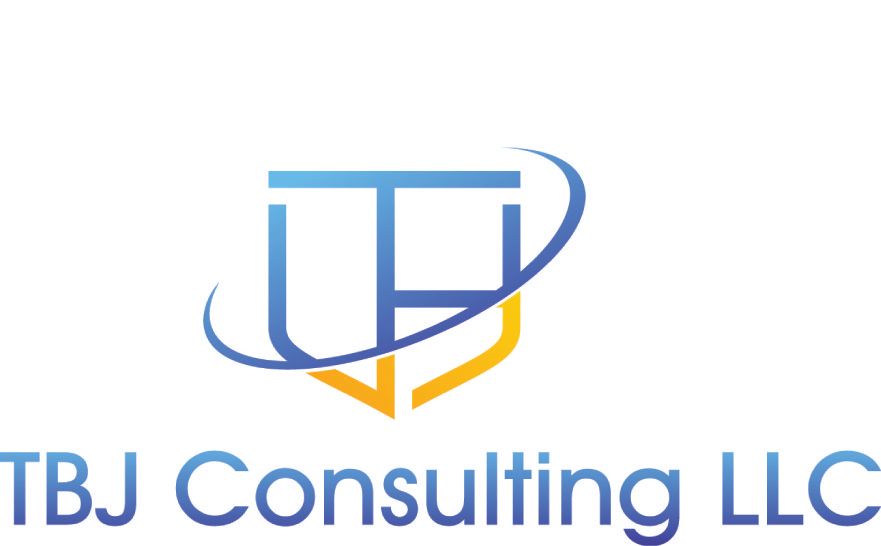Executive Summary
For years, two primary barriers prevented me from obtaining a bachelor's degree: time and cost. After graduating from DeVry Institute of Technology in 1996, I discovered that few credits transferred to traditional universities, meaning I'd have to restart my education from scratch—a significant obstacle due to my full-time job and business commitments.
However, I recently achieved my goal by earning a bachelor's degree. I'd like to outline how I did it, highlighting a practical path for professionals in similar situations, especially those already working in IT or cybersecurity.
Discovering Western Governors University (WGU)
My journey began when I encountered a blog post discussing affordable, accelerated paths to obtaining a cybersecurity degree. Intrigued by the potential of completing my degree efficiently and affordably, I extensively researched Western Governors University (WGU). Through this research, I confirmed that WGU offered a legitimate and widely respected competency-based education model. The competency-based approach is particularly appealing because it allows professionals like me to leverage prior academic experience and industry certifications, such as CISSP, CISM, and CCSP, significantly accelerating the completion process. You can find detailed information about transferable credits via the WGU Transfer Guidelines.
My previous education and professional certifications substantially reduced the credit load initially required. I began with a requirement of 70 credits, which I further minimized by taking advantage of transferable online courses from platforms such as Sophia.com and Study.com. These platforms provide affordable, self-paced courses explicitly aligned with WGU’s degree programs. Sophia.com is particularly cost-effective ($99 per month or $299 for three months, often discounted further with online promotions) and offers open-book assessments with comprehensive resources, making it an ideal starting point.
Through a combination of courses at Sophia.com and Study.com, I reduced my required credits from 70 to 38. Furthermore, by obtaining my CCSP certification, I successfully lowered the total required credits to 34. The completion of these online courses took a few months due to balancing my professional and personal commitments, but the structured writing assignments proved invaluable as preparation for WGU’s rigorous academic standards.
Accelerating at WGU
WGU mandates that at least 25% of the coursework be completed directly through the institution—this meant roughly eight classes in my situation. WGU terms last six months, within which students may complete as many courses as they can manage. Knowing this, I strategically planned my coursework to facilitate maximum acceleration once officially enrolled.
Although initially planning to start in November, I chose to delay enrollment to January to avoid disruptions during the holiday season. January proved busier than anticipated, which limited study time, so I officially kicked off my coursework in February. With intense focus, I completed all eight remaining classes—34 credits—in a remarkable 25-day span by early March.
Effective Strategies for Accelerating Your Degree:
- Fully utilize WGU’s comprehensive resources, including free access to platforms like Udemy.
- Connect with the WGU student community on platforms like Reddit to benefit from shared insights, tips, and supportive networks.
- Apply and leverage your prior professional knowledge and experience to accelerate the learning curve.
- Begin working on your capstone project early in your program, simultaneously managing other coursework to maximize efficiency.
- Maintain clear and consistent communication with your assigned WGU mentor to keep your coursework and degree completion plan on track.
Benefits of the WGU Program:
The advantages of choosing WGU for completing my bachelor's degree were numerous and compelling:
- Outstanding affordability, with total tuition around $4,200, significantly less expensive than traditional university programs.
- Inclusion of industry certifications as part of the tuition, enhancing career marketability and professional credibility.
- A competency-based educational approach that directly values and recognizes practical, real-world experience, enabling students to accelerate their degree completion based on demonstrated knowledge.
The industry certifications gained through WGU (such as A+, Network+, and higher-level certifications like CISSP or CISM) notably boost professional marketability. Although certifications like A+ and Network+ may not be essential at advanced career stages, obtaining high-value credentials like CISSP and CISM can considerably transform career opportunities and earning potential.
Final Reflections
Completing my bachelor's degree has enhanced my professional marketability and fulfilled a long-standing personal and professional aspiration. The competency-based approach at WGU respects prior professional experience, is highly cost-effective, and offers the essential flexibility busy working professionals need.
Ultimately, pursuing further education and career advancement is never too late. WGU offers a practical, efficient, and realistic path for seasoned professionals to achieve educational goals. Regardless of age or career stage, WGU represents a viable opportunity for anyone aiming to enhance their credentials and prepare for future career opportunities.
